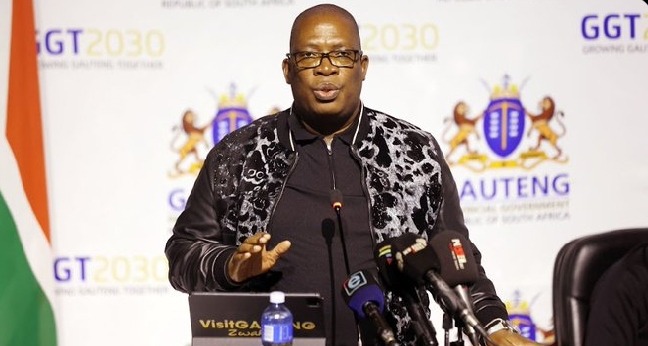With a critical deadline approaching, Gauteng Premier Panyaza Lesufi has called on President Cyril Ramaphosa to approve contentious clauses in a legislative package designed to address South Africa’s pressing socio-economic challenges. The appeal has sparked intense political debate, with the Democratic Alliance (DA) voicing strong opposition.
The disputed clauses are part of broader reforms aimed at improving sectors such as education, healthcare, and infrastructure. Lesufi, a prominent figure in the African National Congress (ANC), has championed the legislation as essential to overcoming systemic barriers. “This is a defining moment for South Africa. These clauses are vital for development and addressing the root causes of our challenges,” Lesufi said on Monday.
Opposition Pushback
The DA has been vocal in its resistance, citing concerns about the potential impact of the reforms on governance, individual freedoms, and public systems.
DA leader John Steenhuisen has warned that the legislation could destabilize the economy and exacerbate inefficiencies. “These clauses are fundamentally flawed. We are prepared to take this fight to the courts if necessary. They threaten economic stability and governance,” he said.
The DA’s opposition highlights a deep ideological divide. The party advocates for market-driven solutions to South Africa’s challenges, in contrast to the ANC’s preference for state-led interventions.
Pressure Mounts on Ramaphosa
President Ramaphosa is under increasing pressure to make a decision before the deadline. Analysts suggest his response could have profound implications, influencing both national policy and internal dynamics within the ANC.
The decision is widely seen as a test of Ramaphosa’s leadership. While approving the clauses might alienate key constituencies, rejecting them could exacerbate tensions within the ANC. Political commentators suggest he may attempt to strike a balance between party priorities and public sentiment.
Lesufi’s Call for Bold Leadership
Undeterred by opposition, Lesufi remains firm in his belief that the legislation is crucial to South Africa’s future. “The time for indecision has passed. The president must act with conviction in the national interest. These reforms will lay the foundation for a more equitable and prosperous South Africa,” he declared.
Proponents of the legislation argue it will help address inequalities and improve service delivery, while critics contend it fails to tackle systemic inefficiencies or ensure accountability.
South Africa Awaits Ramaphosa’s Decision
As the deadline looms, South Africans await Ramaphosa’s decision with anticipation. His choice—whether to approve the reforms or heed opposition warnings—will have a lasting impact on the country’s political and economic trajectory.
This moment encapsulates the challenges of leadership in a polarized environment, as leaders navigate complex issues that demand both bold action and careful consideration of competing interests.






















